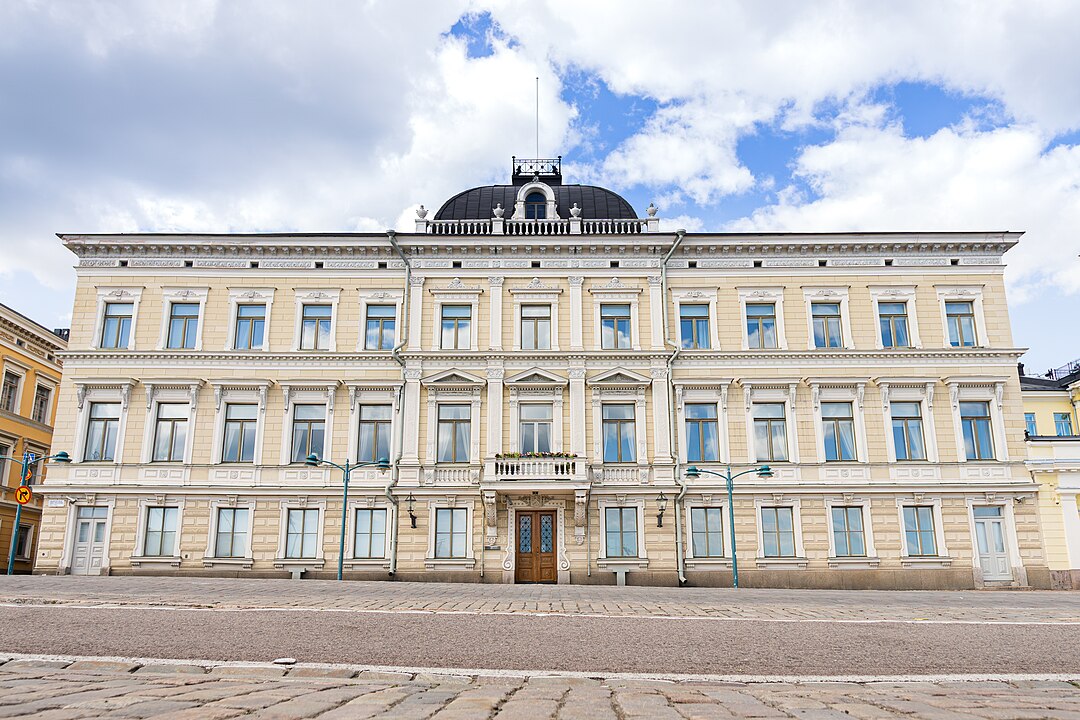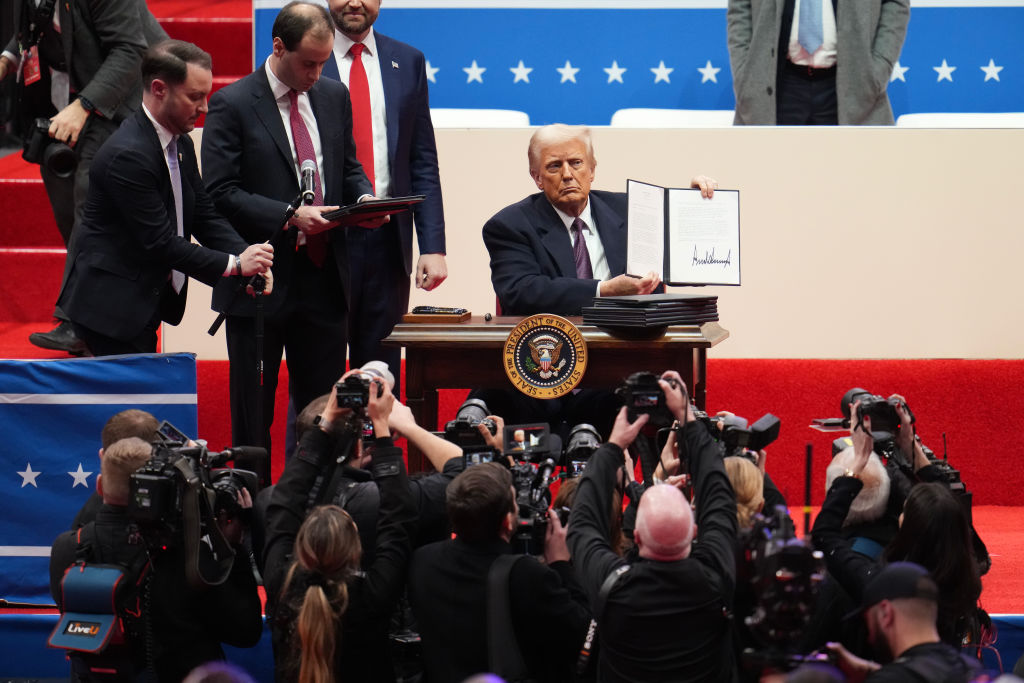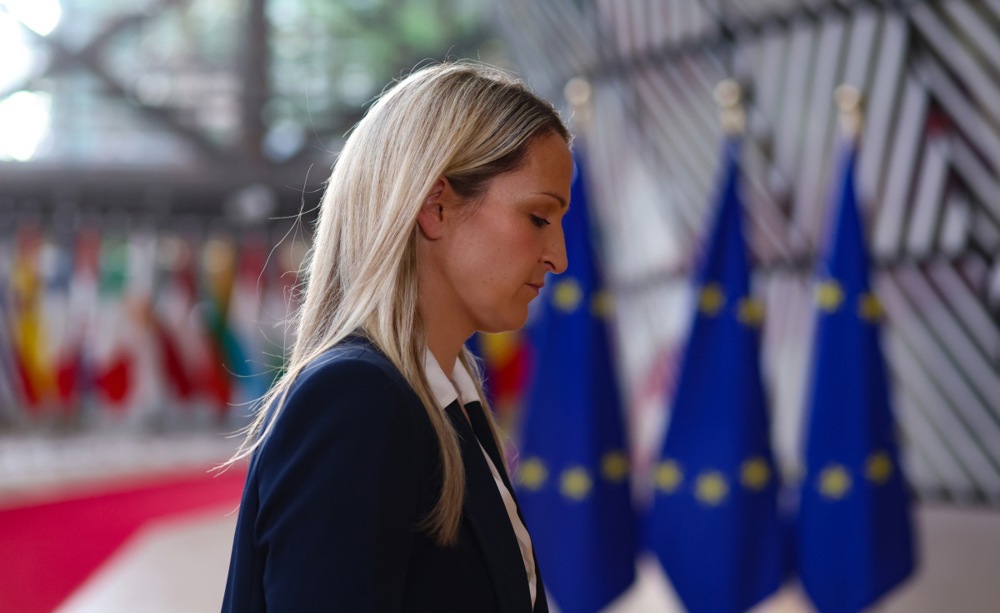Brussels is planning to expand its hate speech policies, threatening to criminalise those who do not agree with what the European Union calls its “founding values”.
In its 2026–2030 LGBTIQ+ Equality Strategy, a plan released in September to combat alleged discrimination, the EU wants to enforce “inclusion” and criminalise what it calls “hate speech” and “hate crimes” across the bloc.
The 22-page document, seen by Brussels Signal, mentions the words “hate” or “hateful” 36 times, without giving any precise definition of what counts as “hate”.
The strategy, framed as a continuation of the 2020–2025 LGBTIQ Equality Strategy, expands the EU’s role in policing speech, enforcing EU-defined social norms and reshaping national laws, despite resistance from some member states.
In the name of protecting people from violence, the EU wants to expand criminal laws to cover “hate offences” based on sexual orientation and gender identity.
This means insults, offensive comments, or even debates about LGBTIQ+ issues could be treated as crimes in some cases. This has already happened in several member states, where ordinary disagreements, a parent objecting to certain LGBTQ+ lessons in schools, or a religious leader expressing traditional views on marriage, for example, have faced legal prosecution.
Finland’s Supreme Court is preparing to hold an oral hearing in the high-profile free speech case of former Interior Minister and Christian Democrat MP Päivi Räsänen. https://t.co/MNAcnUMbE9
— Brussels Signal (@brusselssignal) June 30, 2025
The strategy also pushes for stricter enforcement of the Digital Services Act (DSA), which forces social media platforms to remove “hateful content”.
If companies such as Facebook, X, or TikTok do not comply, they could face heavy fines.
The EU’s past behaviour shows that mild criticism of LGBTQ+ policies could be flagged and removed.
Brussels also plans to train law enforcement and judges to recognise and prosecute “LGBTIQ+-phobic” crimes.
Without defining exactly what those crimes would entail, it does promise more funding for civil society groups to monitor and report “hate incidents”.
This could mean activist organisations working with police to decide what counts as a crime.
The EU also plans a crackdown on so-called conversion practices, which it labels as “deeply harmful interventions that rely on the medically false idea that LGBT[IQ+] people are sick” and wants these practices completely outlawed.
According to the EU, conversion practices inflicts “severe pain and suffering, resulting in long-lasting psychological and physical damage”.
To be clear, the EU means psychological conversion, not physical conversion, such as medical procedures to cut away body parts based on gender self-identification, which it supports.
Some countries, including Hungary, have resisted conversion therapy bans, arguing that they infringe on religious freedom and parental rights.
Its new LGBTIQ+ Equality Strategy actively pushes member states to adopt “self-ID” laws, allowing individuals legally to change their gender without medical or legal requirements.
While the strategy does not impose an outright ban on existing safeguards, it warns that keeping them could violate human rights. This may put pressure on governments to comply.
According to Brussels, online hate speech and harassment creates a hostile digital environment for LGBTIQ+ people, affecting their safety, well-being and freedom of expression and contributing to a climate of fear and exclusion.
It claims that LGBTIQ+ individuals and women are increasingly targeted by anti-gender narratives online, often as part of foreign information manipulation and interference (FIMI) and disinformation campaigns.
“Foreign actors are increasingly well funded and use FIMI to manipulate public opinion, fuel polarisation, and interfere with democratic processes within the EU and worldwide. Such actions are a direct challenge to the EU’s core values of equality, respect for human dignity and non-discrimination,” the policy statement says.
The EU also demands that all member states recognise same-sex marriages and parenting rights, even if their national laws do not allow them.
It threatens legal action against countries that refuse, using EU free movement laws as leverage.
Released amid growing political polarisation over both “woke” ideology and perceived encroachments on free speech, the document positions the EU as a global leader in LGBTIQ+ rights.
Critics, though, warn that it could stifle free expression, undermine national sovereignty, and enforce ideological conformity under the pretence of promoting equality.
Dr Adina Portaru of ADF International told Brussels Signal: “In recent weeks, both Google and the US Ambassador to the EU Andrew Puzder have expressed concern over how the Digital Services Act threatens the free speech of American citizens.
“And yet the Commission in this strategy is doubling down on using the DSA to address so-called ‘hate speech’ and ‘anti-gender narratives’ online.
“Vague and ideological terms like these are used in practice to silence dissenting views. This strategy heightens concerns that the DSA will be used to implement a global online censorship regime.”
Slovakia’s parliament has approved an amendment to enshrine “traditional” values on gender and sexuality in the country’s Constitution. https://t.co/V5GvPWO3ui
— Brussels Signal (@brusselssignal) September 29, 2025





